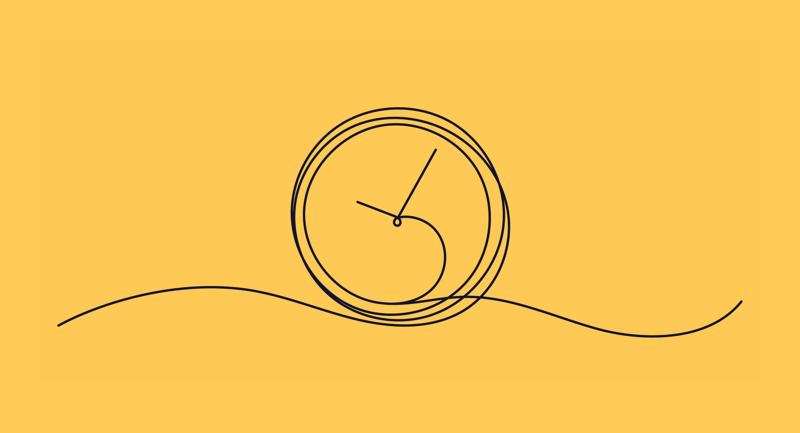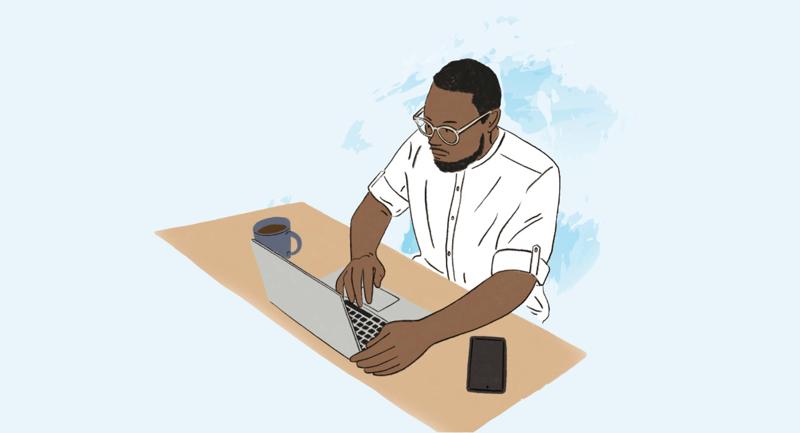Teachers had a rough ride in the 2021–22 school year; the hoped-for "back to normal" was anything but. Two recent surveys shine light on what aspects of the job teachers now find to be most burnout-inducing, what supports are keeping teachers afloat, and (sadly) what resources that most would expect to be there for teachers seemingly aren't.
A survey of 1,324 U.S. K–12 teachers conducted in early 2022 by Merrimack College and the EdWeek Research Center asked respondents about job satisfaction, respect for the profession, and desire to keep teaching. (The survey report compares some of its findings to results from MetLife's similar, long-running annual survey of American teachers, which ended in 2012). The many frustrations teachers have carried during the pandemic surfaced. Only 12 percent of teachers in the Merrimack survey said they're "very satisfied" with their jobs (compared to 39 percent in MetLife's 2012 survey) and only 26 percent felt they are paid fairly. Most concerning, 52 percent said they are dissatisfied with their jobs, and 44 percent reported they're "fairly likely to leave the profession in the next two years."
There were some brighter spots, however. While only 46 percent of Merrimack survey respondents said they feel respected as professionals by the public (down from 77 percent in 2011), 76 percent said they felt respected by parents, and 82 percent felt respected within their school. 85 percent agreed or strongly agreed they have control over their pedagogy, though only 57 percent feel such control over the curriculum.
A smaller survey (630 teachers) conducted by the EdWeek Research Center in December 2021 asked teachers what supports have been helping them recently—and what obstacles exist. Respondents listed the top challenges to helping students recoup learning loss as student disengagement (68 percent) and behavior (57 percent). Also on the list: insufficient support from administrators (27 percent). Where did teachers find support? Peers. 52 percent said fellow teachers supported their efforts toward student learning even more than pre-pandemic.
In an interview with EL, educator Chase Mielke, author of The Burnout Cure (ASCD, 2019), said these findings show "the last two years have exacerbated already existing burnout." Mielke, who wasn't involved in the surveys, added that school leaders, "must look beyond 'self-care' strategies and improve systems. Listen to teachers' needs before their silence—and absence—becomes deafening."







